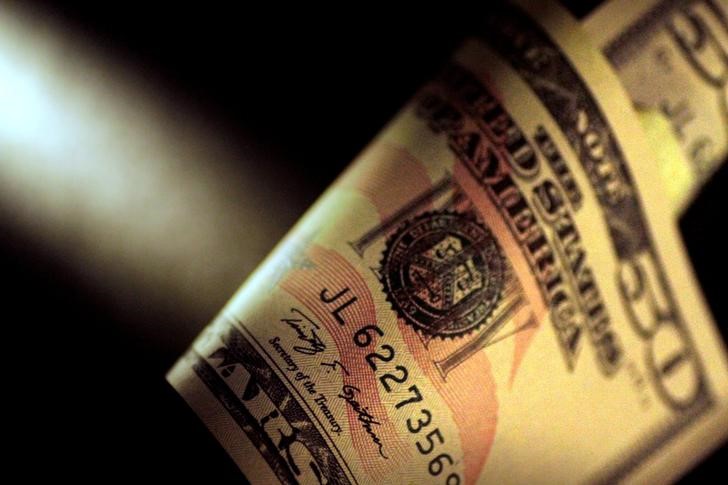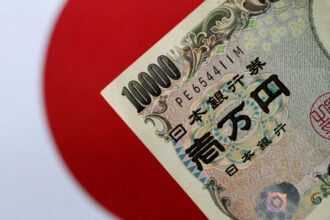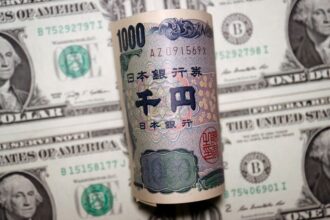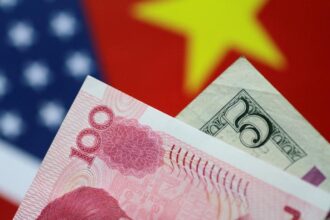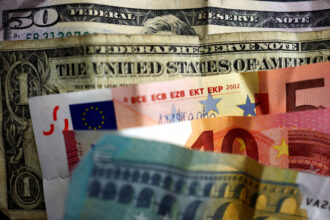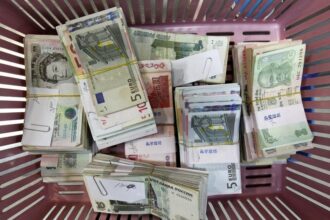Investing.com– Most Asian currencies firmed sharply on Monday, tracking extended declines in the dollar amid increasing bets that the Federal Reserve was done raising interest rates, while promises of more Chinese stimulus measures also aided sentiment.
The surged 0.5% to its strongest level against the dollar since early-August. The biggest point of support for the yuan was a substantially stronger-than-expected daily midpoint fix by the People’s Bank of China.
The PBOC held its benchmark near record lows on Monday, while also injecting about 80 billion yuan of liquidity into the economy.
Separately, Chinese officials vowed more policy support for the country’s beleaguered property sector- a move that helped shore up confidence over one of China’s biggest industries. Ructions in the property sector have been a major headwind to China over the past three years.
Optimism over China saw the jump 0.6%, with focus also turning to the of Reserve Bank of Australia’s November meeting, due on Tuesday. The RBA had raised interest rates by 25 basis points, but offered somewhat dovish cues on future rate hikes.
The jumped 0.6%, while the saw limited strength as oil prices rebounded. Broader Asian currencies were largely boosted by weakness in the dollar, which sank to an over two-month low.
The was among the biggest beneficiaries of dollar weakness, rising 0.5% and strengthening below the 150 level to the dollar for the first time in nearly three weeks.
The yen had been battered by dovish signals from the Bank of Japan earlier this month, which indicated that interest rates were likely to remain ultra-low for the time being.
But with markets now growing less fearful of more U.S. rate hikes, the yen found some breathing room.
Dollar slides with Fed minutes in focus
The and sank 0.3% each in Asian trade on Monday, languishing near two-month lows after a string of soft labor market and inflation readings from last week.
The readings saw traders pricing in an even greater chance that the Fed was done raising interest rates, and that the central bank could begin trimming rates by as soon as March 2024.
Focus was now largely on the of the Fed’s late-October meeting for more cues on monetary policy. The Fed had kept rates steady during the meeting, but had also reiterated its plans to keep rates higher for longer- a stance maintained by most Fed officials.
But currency market trading volumes were also set to be somewhat limited this week, on account of the Thanksgiving holiday.
Read the full article here


